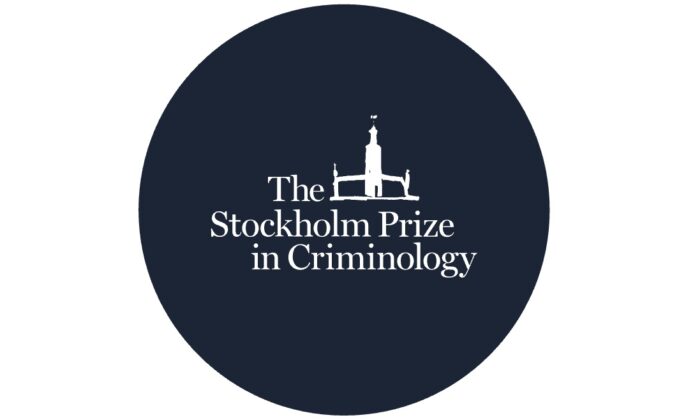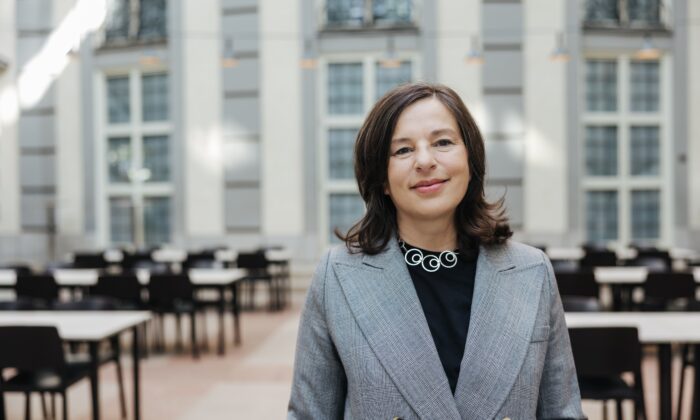Published
2015-11-10The laureates are recognized for their contributions to understanding the importance of parents and peers in preventing or encouraging children to grow up to a life of crime. The laureates' work, spanning half a century and including the three major studies, has strongly shaped modern criminological science.
Award-winning research
The first study began in 1965, when Travis Hirschi collected data on 4077 teenagers in the city of Richmond, California, to test and develop his 'Social Bonding Theory' (control theory) of crime. The result of Hirschi's scientific work is often described as the most influential criminological theory of the modern era and has stimulated more research than any other in the field.
Hirschi does not ask why people break the law, but why people do not break the law. His answer is that young people refrain from committing crimes when they have a strong connection to the established society. Parents play a central role here. The ties that bind the individual to society are described as attachment to conventional persons (e.g. parents and peers), commitment to the conformist social order (e.g. investment in education, work and honest living), participation in conventional activities (e.g. school, work, community life) and finally a belief in the legitimacy of the prevailing social order (positive attitudes towards law, law enforcement, etc. and negative attitudes towards crime and abuse).
In her studies of self-reported and recorded delinquency and attitudes of youth, Hirschi showed that the degree of attachment to parents did not in itself prevent crime, but it did shape commitment, involvement and belief in conventional values. Even with unconventional parents, Hirschi found that a strong attachment to one or both parents seemed to prevent crime and also increased the level of respect for the police.
While Hirschi showed what parents can do right, Cathy Spatz Widom, a pioneer in systematic research on parenting, showed what parents can do wrong. Between 1967 and 1971, Widom studied 908 children in a Midwestern city who had been abused and/or neglected by their parents or relatives before the age of 11. She then compared these children with a control group of 667 children who had not been abused or neglected.
Over two decades of follow-up, she found that children who were abused at a young age had an increased risk of engaging in violence and criminality in adulthood, but that most of them, even in the most vulnerable group, did not do so as often as expected. Her studies showed that violence does not always beget violence, and that the relationship between parents and children who are abused at a young age is far more complicated than the conventional 'spiral of violence' theory suggests. Widom's work reinforced Hirschi's thesis that even bad parenting can have good elements, and that even criminal parents can build a strong bond with their children, teaching them right from wrong and to respect the law.
Per-Olof Wikström, the first Swedish criminologist to win the Stockholm Prize in Criminology, provides the most detailed evidence of the dynamic process that children use on a daily basis in their relationships with parents, other relatives and peers. During a ten-year study of 716 families in the ethnically mixed city of Peterborough, England, Wikström developed "Situational Action Theory" that both refines and reinforces the conclusions previously drawn by Hirschi and Widom. In his study, Wikström measured the day-to-day behavior of young people, where they were, with whom, and in what criminogenic or morally dangerous environments they were. In this way, Wikström was able to test predictions about crime in new ways. His data included exposure to morally dangerous situations, as well as adolescents' moral beliefs and propensity to commit crimes. Through regular interviews of both parents and children, Wikström's research has given us great insights into the role parents play in preventing juvenile delinquency by actively limiting children's access to peers who defy conventional morality.
The prize was awarded on June 15, 2016 in Stockholm City Hall.
About the prize
The Stockholm Prize in Criminology is an international prize established with the support of the Ministry of Justice and the Torsten Söderberg Foundation. It is awarded annually with a prize sum of SEK 1 million in connection with the Stockholm Criminology Symposium organized by the Swedish National Council for Crime Prevention.
The prize is awarded for outstanding achievements in criminological research or for the practical application of research results relating to crime control and the promotion of human rights.
The aim of the prize is to promote:
- increased knowledge of the causes of crime at the individual and structural level
- more effective and humane public policies concerning the treatment of offenders
- increased knowledge of alternative crime prevention measures, both within the judiciary and civil society
- victim assistance practices
- improved methods for reducing abuse of authority in the judiciary on a global scale.
The prize was awarded for the first time at the City Hall in June 2006 with the Jerry Lee Foundation as the original contributor.
Stockholm Prize in Criminology, SU



